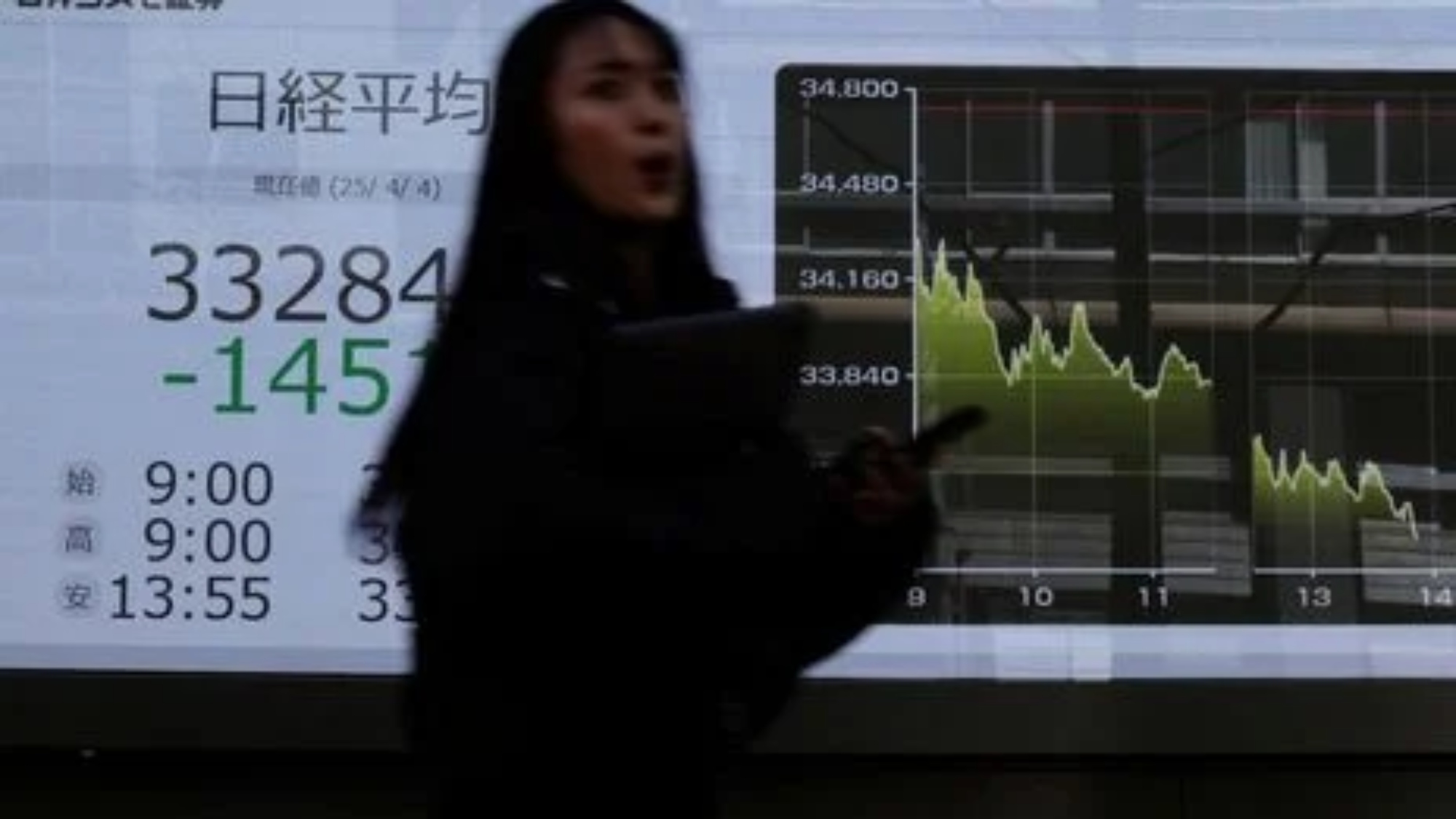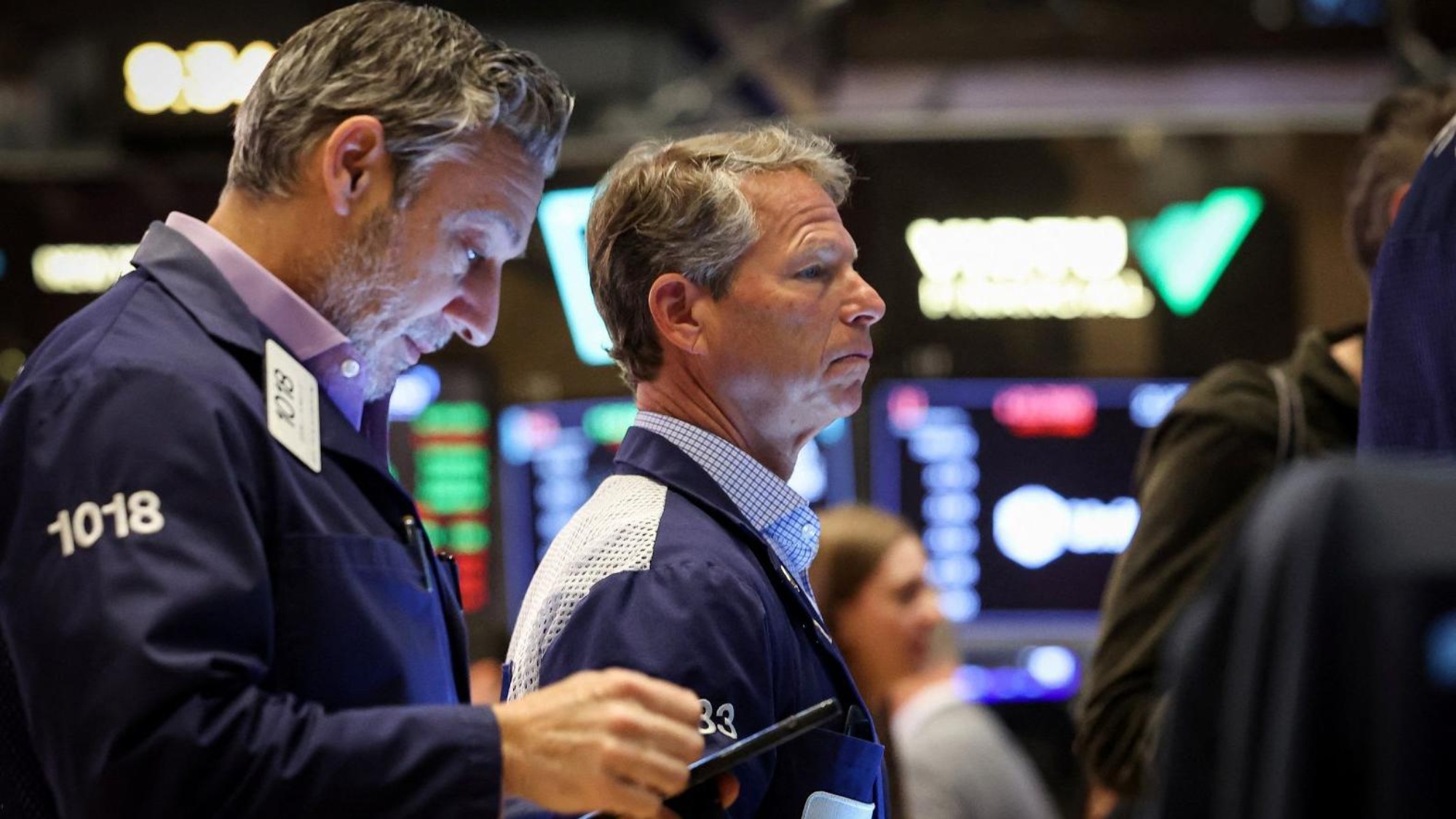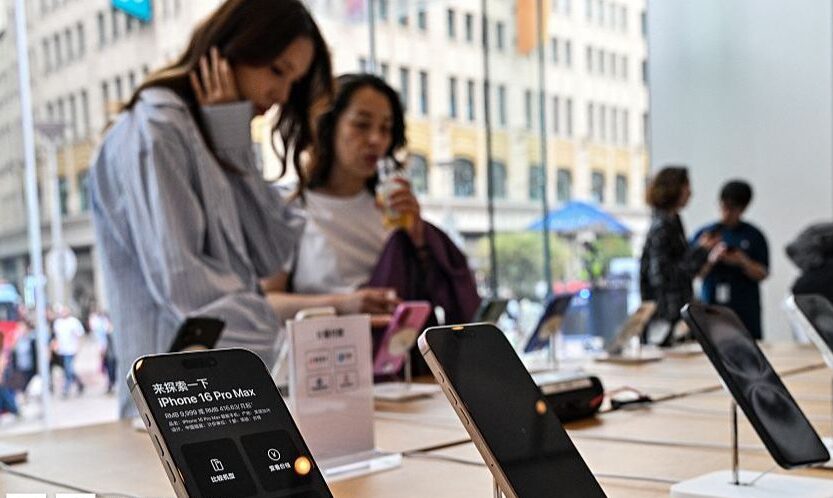Japanese stocks plunged on Friday to their lowest levels since last August, posting their steepest weekly drop in five years as concerns about a global recession, spurred by U.S. President Donald Trump’s sweeping tariffs, gripped the markets.
The Nikkei average (.N225) closed down 2.75%, marking a 9% drop for the week, its largest weekly decline since March 2020. During the session, the index also reached its lowest point since early August.
With the index now 20% below its peak from July, it has officially entered bear market territory, according to some market definitions.
This severe selloff followed Trump’s announcement on Wednesday of the U.S.'s harshest trade barriers in over a century, sending investors flocking to safer assets, including the yen, which put additional pressure on Japanese stocks.
The banking sector led the downturn, as fears about the potential economic impact of the tariffs fueled speculation that the Bank of Japan might delay its plans to raise interest rates.
The banking index (.IBNKS.T) plunged over 8% on Friday, recording a 20% loss for the week, its worst weekly performance on record, according to LSEG data.
The broader Topix index (.TOPX) closed down 3.3% and posted a 10% weekly decline, its largest drop since March 2020.
Recently, Japanese bank stocks had gained traction among investors betting on higher rates from the Bank of Japan.
Nearly all of the Tokyo Stock Exchange’s 33 industry sub-indexes fell on Friday, with the banking index (.IBNKS.T) leading the way down by 11%, triggering a circuit breaker.
The banking index was on track for a decline of more than 20% this week, its worst performance ever. Shares of Mitsubishi UFJ Financial Group (8306.T), one of Japan’s largest banking groups, fell 11.6%, marking their sharpest one-day drop since August 5.
"There was a lot of excess optimism in the market before the Trump tariff announcement," said Kei Okamura, a portfolio manager at Neuberger Berman in Tokyo.
"Banks had been performing well, and it seemed that hedge funds had significant exposure to the sector, which explains the volatility," he added.
"The Trump tariff announcement is creating uncertainty about the outlook for the currency, especially with the discussions happening within the BOJ," Okamura explained.
"With the uncertainty surrounding the potential number of rate hikes this year, we are seeing a reversal not only in JGB yields but also in the banking sector," he said.
Bank of Japan Governor Kazuo Ueda indicated that the central bank would carefully assess the impact of U.S. tariffs on Japan’s economy when setting monetary policy, warning that the higher tariffs would likely dampen both global and domestic economic growth.







.jpg)


.jpg)